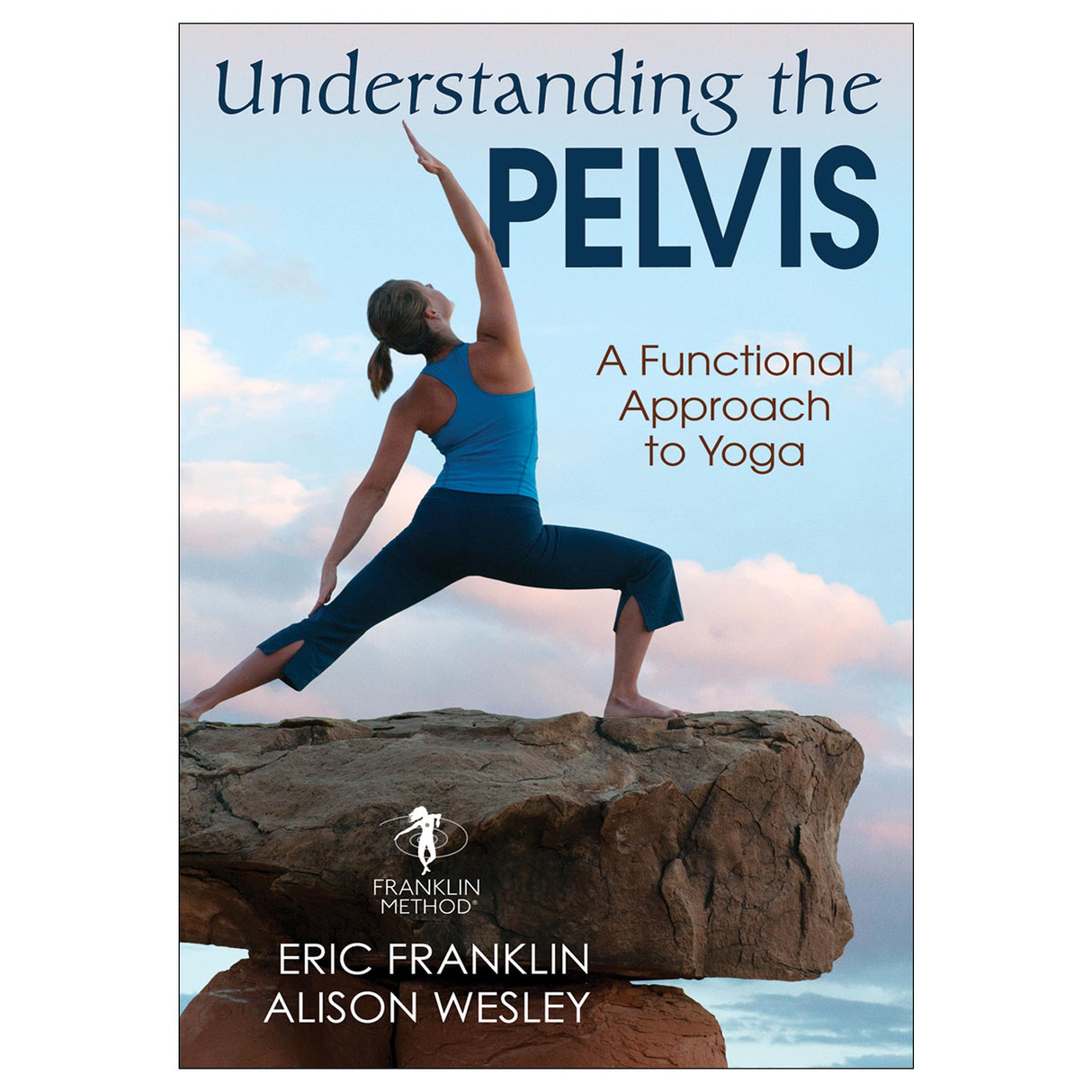Understanding the Pelvis epub
A Functional Approach to Yoga
Author: Eric Franklin, Alison Wesley
$19.95 CAD
Access Duration: 10 Years
“Yoga teachers need to cue, and yogis need to have a clear focus as they practice,” says author Eric Franklin, who has been sharing imagery techniques in his teaching for more than 30 years. “Many cues sound anatomical but are actually personal opinions that have become commonplace to the point that people think they are general truths. Imagery and cues are supposed to improve our practice, but sometimes they actually have the opposite effect.”
In the first part of the book, Franklin and coauthor Alison Wesley dispel the misconceptions surrounding the biomechanics of the pelvis, using an evidence-based scientific perspective to teach how the pelvic bones move. In the second part, readers will apply that knowledge through the practice of 26 asanas (exercises) that are designed to improve pelvic function and yoga technique. The asanas are accompanied by 66 full-color illustrations that clearly show proper technique and bring the exercises to life. Franklin uses his famed Franklin Method, which combines movement, imagery, and touch, to help practitioners learn—or relearn, if necessary—correct techniques to maximize pelvic function.
Understanding the Pelvis offers a concise, clear, and authoritative treatise on the functioning of the pelvis in yoga. Through this book, instructors and practitioners will be able to do the following:
- Improve their own yoga practice and, in the case of instructors, the practice of those they teach
- Understand how proper pelvic movement can improve performance
- See how the pelvic muscles and joints work together and how the pelvis interacts with surrounding muscle groups
- Comprehend the function and movement of the pelvis and pelvic floor
Through this book, teachers will be able to provide more anatomically accurate cues, and they will learn to use mental imagery effectively to inform movement. “Imagery activates brain areas that overlap with the areas activated during the physical execution of the movement,” Franklin says. “Imagery has a training effect on the brain, just as movement does on the body.” It is the marriage of correct anatomical functioning and the practice of mental imagery that makes the Franklin Method so powerful.
Understanding the Pelvis: A Functional Approach to Yoga will help instructors and practitioners—including athletes, dancers, and other artists—safely and effectively use the pelvis in yoga. The ability to correctly use anatomical cues and guide yogis through their movements will provide instructors with a new level of confidence and expertise in their workshops and classes, and it will give practitioners the knowledge they need to avoid injury and fully enjoy the benefits of yoga.
Audience
Resource for yoga instructors and practitioners as well as dancers and dance educators.The Sacrum
The Pelvic Halves
The Hip Joint
Bone Rhythms
The Spine
The Poses





